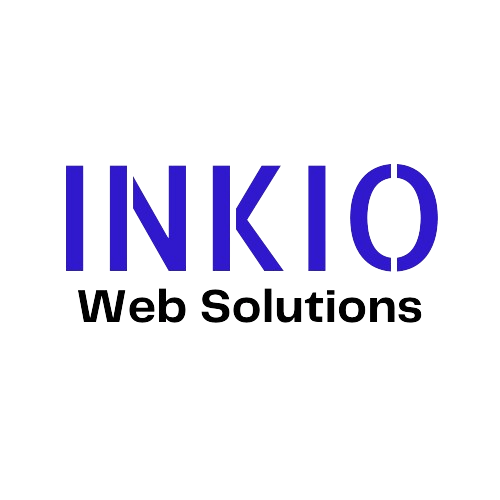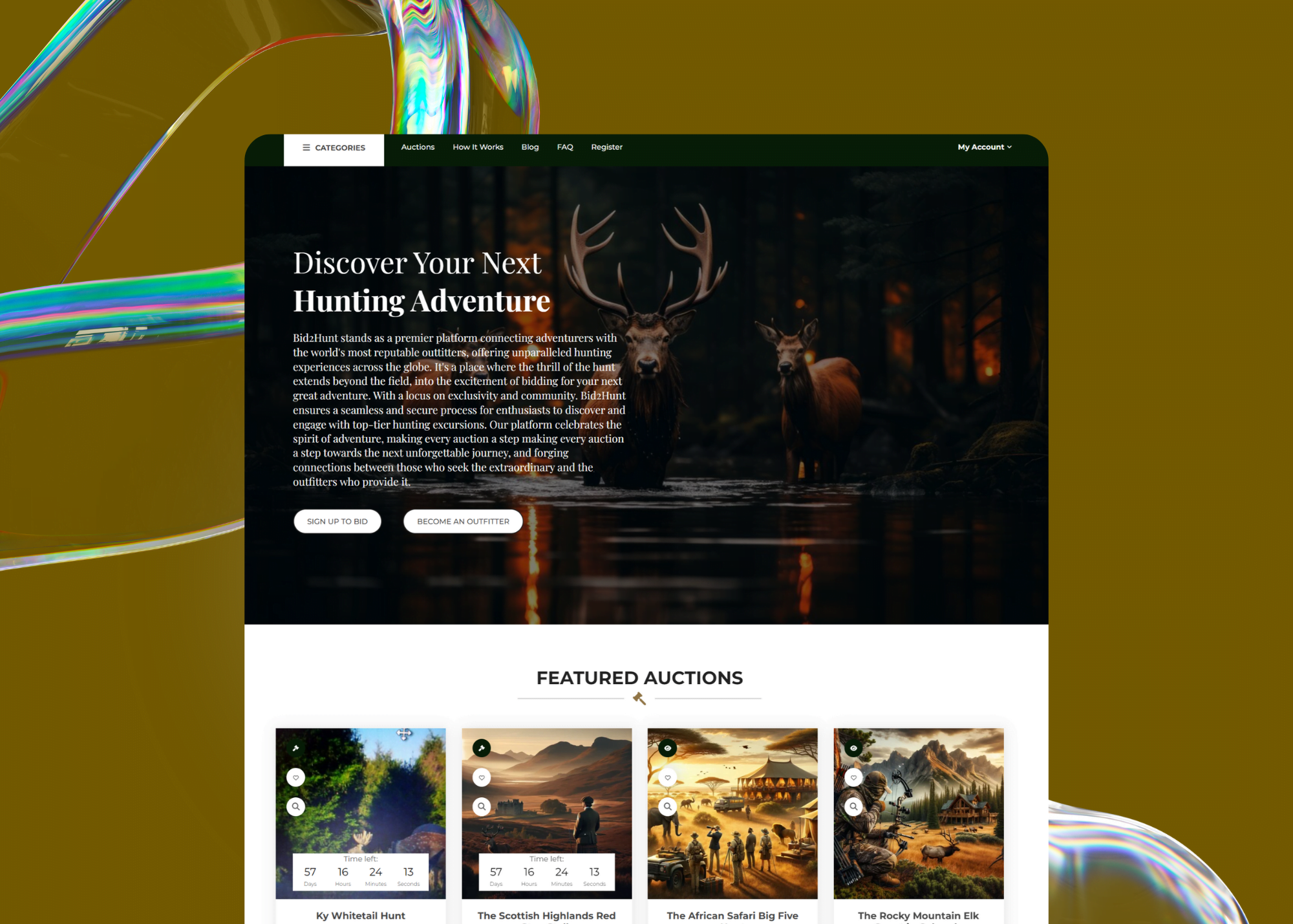

In today’s competitive market, professional branding is more than just a buzzword; it’s a critical component of business success. Whether you’re a startup or an established company, how your brand is perceived can significantly impact your growth and profitability. In this article, we’ll explore the importance of professional branding and how it can elevate your business to new heights.
What is Professional Branding?
Professional branding is the process of creating and managing the visual, verbal, and experiential elements that define your business and distinguish it from competitors. This includes your logo, color scheme, typography, voice, and overall brand message. Effective branding creates a cohesive and consistent identity that resonates with your target audience, builds trust, and drives customer loyalty.


The Role of Branding in Business Success
1. Builds Recognition and Trust
A strong brand is instantly recognizable. Consistent branding helps customers easily identify your business among a sea of competitors. This recognition builds trust, as people are more likely to choose brands they know and feel familiar with. Trust is a key factor in customer decision-making, and professional branding helps establish and maintain it.
Example: Think of brands like Coca-Cola, Apple, and Nike. Their logos, colors, and messaging are so consistent and well-known that they can be identified even without seeing the company name.
2. Creates Emotional Connection
Branding goes beyond logos and colors; it’s about creating an emotional connection with your audience. A strong brand tells a story and conveys values that resonate with your customers on a personal level. This emotional connection can turn customers into loyal advocates who choose your brand over others, even if they offer similar products or services.
Example: Dove’s branding focuses on real beauty and self-confidence, creating an emotional connection with its audience by promoting body positivity and self-acceptance.
3. Differentiates Your Business
In a crowded marketplace, differentiation is crucial. Professional branding sets your business apart by highlighting your unique selling points and value propositions. It helps potential customers understand what makes your business special and why they should choose you over competitors.
Example: Tesla differentiates itself in the automotive market with its focus on innovation, sustainability, and cutting-edge technology, all of which are clearly reflected in its branding.
4. Supports Marketing Efforts
Effective branding enhances your marketing efforts by providing a clear and consistent message. When your brand identity is strong, it becomes easier to create marketing materials that resonate with your target audience. This consistency ensures that all your marketing efforts work together to reinforce your brand and drive business growth.
Example: Red Bull’s branding is all about energy, adventure, and excitement. This theme is consistently reflected in their marketing campaigns, from extreme sports sponsorships to engaging social media content.
5. Increases Business Value
A well-established brand can significantly increase the value of your business. Strong branding creates a positive perception in the market, which can lead to higher customer acquisition and retention rates. Additionally, a strong brand can attract investors and potential buyers, increasing your company’s overall market value.
Example: The brand equity of companies like Google and Amazon adds substantial value to their overall worth, making them attractive to investors and partners.
How to Build a Professional Brand
Building a professional brand involves several key steps. Here’s a guide to help you create a strong and effective brand identity.
1. Define Your Brand Purpose and Values
Start by clearly defining your brand’s purpose and values. What does your business stand for? What are your core beliefs? Your brand purpose should reflect your mission and vision, while your values should guide your business practices and interactions with customers.
Example: Patagonia’s brand purpose is to build the best product, cause no unnecessary harm, and use business to inspire and implement solutions to the environmental crisis. Their values include environmental responsibility and social impact.
2. Understand Your Target Audience
To create a brand that resonates, you need to understand your target audience. Conduct market research to identify their needs, preferences, and pain points. This information will help you tailor your brand message and visuals to connect with your audience effectively.
Example: Nike understands its target audience of athletes and sports enthusiasts, which is why its branding focuses on inspiration, motivation, and high performance.
3. Create a Strong Visual Identity
Your visual identity includes your logo, color scheme, typography, and imagery. These elements should be consistent across all platforms and materials. A professional designer can help create a cohesive visual identity that reflects your brand’s personality and values.
Example: Apple’s sleek and minimalist design reflects its brand values of innovation, simplicity, and elegance.
4. Develop a Unique Brand Voice
Your brand voice is how you communicate with your audience. It should reflect your brand’s personality and values. Whether it’s friendly, professional, or witty, consistency in your tone and style is key to building a strong brand identity.
Example: Mailchimp’s brand voice is friendly, informal, and quirky, which sets it apart from other email marketing services.
5. Consistent Brand Messaging
Consistency in your brand messaging is crucial. Ensure that your brand story, value propositions, and key messages are uniform across all touchpoints, including your website, social media, advertising, and customer service.
Example: Coca-Cola’s messaging consistently revolves around happiness, sharing, and togetherness, which strengthens its brand identity.
Leveraging SEO for Branding
Search Engine Optimization (SEO) is a powerful tool to enhance your brand’s online presence. Here’s how you can leverage SEO to boost your branding efforts:
1. Optimize Your Website
Ensure that your website is user-friendly, mobile-responsive, and fast-loading. Use your brand keywords strategically in titles, headings, and content to improve search engine rankings.
Example: A web development page on Inkio Web Solutions should include keywords like “professional web development,” “custom website design,” and “business web solutions.”
2. Create High-Quality Content
Content marketing is essential for building brand authority. Regularly publish high-quality blog posts, articles, and other content that addresses your audience’s needs and interests. Use relevant keywords to improve SEO and attract organic traffic.
Example: Blogging about industry trends, tips, and case studies can position Inkio Web Solutions as an expert in web development, e-commerce, and branding.
3. Engage on Social Media
Social media platforms are excellent for building brand awareness and engagement. Share valuable content, interact with your followers, and use branded hashtags to increase visibility. Consistent branding across social media profiles reinforces your brand identity.
Example: Regularly posting updates, tips, and client success stories on LinkedIn, Instagram, and Facebook can help Inkio Web Solutions connect with its audience and build a loyal community.
4. Build Backlinks
Backlinks from reputable websites can boost your SEO and enhance your brand credibility. Reach out to industry blogs, influencers, and publications to secure guest posts and mentions.
Example: Collaborating with tech blogs and industry influencers to feature your content or services can drive traffic and improve your search engine rankings.
5. Monitor and Analyze Performance
Use analytics tools to monitor your SEO performance and adjust your strategies accordingly. Track metrics such as website traffic, keyword rankings, and engagement rates to measure the effectiveness of your branding efforts.
Example: Google Analytics and SEMrush can provide valuable insights into how your branding and SEO strategies are performing.
Conclusion
Professional branding is a powerful tool for business success. It builds recognition and trust, creates emotional connections, differentiates your business, supports marketing efforts, and increases your business value. By following best practices in branding and leveraging SEO, you can create a strong and impactful brand that resonates with your audience and drives business growth.
At Inkio Web Solutions, we specialize in helping businesses like yours create compelling brands and powerful digital presences. Contact us today to learn how we can help you achieve your branding and business goals.





